Gröna Lund in Stockholm, Sweden 2008
It was during that one year where I made multiple backpacking trips all around Europe, some were road trips, some were with friends and some were solo. Even after my one year internship there, I have been making annual trips to Europe for work, and of course using the opportunity to travel around after my work is complete. You can find some of the places that I have visited in the map at the end of this post. So if you need some tips and advice on those places, feel free to drop me a comment on it and I would provide you with whatever knowledge I have of it.
My NOC batch mates after our first experience with Innebandy
(aka Floorball, a sport that was developed in Sweden)
So after traveling to the various places around Europe, I have come up with some personal tips that I find useful for myself and hopefully some of them might be useful to you.
1. Season for traveling
The time you travel to Europe is very important. Do you want to experience summer or winter in Europe? Which country is good for which season?
Summer
Summer in Europe is generally very warm, crowded and expensive. Of course, they also say it's the best time to travel around Europe and that's why they have the summer vacation. Europeans are in love with the sun and they treasure it a lot, especially those that reside further up north. That's because they don't see the sun that much. During summer, the day times are longer, so the operating hours for museums and attractions are extended. But then, things are also more expensive since it's the summer vacation and everyone is looking to travel around. But if you're doing mostly nature activities, then it's really the best time because you literally have more (day) time. So even if the operating hours of the attractions are over, you could still explore the city or other nature related activities. And if you go further up north, you can experience the midnight sun. Do note that even in summer, the weather can get unpredictable in the northern hemisphere. You may get lots of rain, chilly weather and constant gloomy clouds. That's why the Scandinavians love traveling towards central and southern Europe, or even to Asia, to ensure they have a good summer vacation. This is also the best time to visit the beaches in Europe.
Santorini, Greece 2008
Santorini Perivolos beach, Greece 2008
Mljet Saplunara, Croatia 2014
Winter
If you can get the midnight sun, then you will also experience the other extreme in the northern hemisphere where you don't see the sun at all. During winter, it can get really cold and snowy. This is also the best time if you would like to see the aurora borealis (or northern lights). Since it's a natural phenomena, it's not a sure thing that you will get to see it everyday. So it's advisable to do a week's visit and hopefully you will get to see it on at least one of the days while you're there. The popular places to view this are in the northern part of Scandinavia. You can find more details here: Norway, Finland, Sweden. Make sure you're prepared for the weather as it can get as cold as -40˚C. Winter is also a great time for winter sports like skiing and snowboarding. And there are many good places like the French Alps, Swiss Alps, Austrian Alps, Spanish Alps and Italian Alps. To get a good experience, I would recommend you go to those resorts in the Alps rather than those small resorts that are near the city center. Although it's more inconvenient to travel to the Alps (it may take up to a few hours of bus ride to get there from the city center or airport), but you get a significantly better ski/snowboard experience with the better snow, facilities, accommodations and instructors. You can read more about our winter and snowboarding trip in the french alps here.
During winter, the day time is shorter and tourist attractions and shopping centers tend to close earlier. Do also factor in extra time in traveling as there would be possible road blocks due to avalanches or snow storms. In worst case scenarios, you might need to alter your plans as your only route to a destination might be closed due to an avalanche. Do also research on the places you're visiting as operating hours of tourist attractions and shopping centers maybe be shorten during winter and they might have lesser tour trips running as well.
If you're afraid of the cold but you still want to (or can only) travel during winter, you can head toward central or southern Europe as it would be relatively warmer the further south you go.
Road trip from Zurich to Interlaken, Switzerland 2015
Zurich, Switzerland 2015
Les Gets Alps, France 2009
2. Backpacking
As the name suggests, it mean traveling with a backpack rather than with a trolley luggage. I once had a friend telling me that she was going on a backpacking trip and then off she went with 2 checkin trolley luggages. Right...
Some of the benefits of backpacking:
- You travel light
- You pay lesser on budget airlines without the need for checkin luggage
- You can skip the luggage drop off and pickup queue (For some airlines, you can checkin online and proceed directly to the gate)
- You can avoid getting your checkin luggage lost (if you hand carry it)
- It's easier to get around some places in Europe as some metro don't have lifts and they have lots of stairs! (Like in Rome and Paris)
- You can checkout from your hostel without the need to leave your luggage with the reception
- You can rent a smaller car (luggages do take up a lot of space in a car)
Bunk bed in Generator Hostel (Berlin) that I stayed in (€10 / night).
(Credits: Generator Hostel)
Europe is an awesome place for backpacking! There are so many backpackers hostels and you would be spoilt for choices. They can go as cheap as SGD $8 / night. These cheaper options are usually double-decker bunk bed style with as many as 6 or 20 people in a room. Some of them don't come with bedsheets as some backpackers bring their own sleeping bags and prefer to save as much as possible. These travelers usually travel for months at a go and they try to stretch every single dollar possible. So when booking, do check if bedsheets and towels are available, else you can top-up extra for them. They might not have a place for your to store your backpack (or you might have to pay for the use of one) and I would usually sleep with my backpack as a pillow or put it beside me on my bed.
Most hostels have fridges, cooking facilities and laundry facilities. So you can save on meals by cooking your own.
Traveling alone
Backpacking is a fantastic way to travel around Europe and it's generally quite safe to travel alone as long as you avoid doing stupid things like walking through dark alleys at night or letting strangers lead to some random places. There are many people traveling Europe alone and you get to meet lots of them in your hostels, tour activities and walking tours. Traveling alone allows you to be more adventurous and helps you to be more sociable. It allows you to meet new people and travel with them, rather than just sticking to your own clique and doing what friends want to do rather than what you really want to do.
I have traveled alone to Berlin, Barcelona and Madrid. During those times, I got to make new friends in my hostel and during the free walking tours. I would just chat up with people during breakfast or maybe they would come share a table with me and a conversation would naturally ensue. We would talk about our itinerary or places we have visited and sometimes we would end up traveling together that day. Every day is a new adventure and maybe with a new companion.
Our free walking tour guide and a new Korean friend I made while doing a solo trip in Berlin 2008. After knowing her from the tour, we traveled the rest of the day together.
A Japanese friend I made from my hostel while doing a solo trip in Barcelona 2008.
We traveled to Montserrat together.
Traveling with "friends"
When traveling with friends, I would advise not traveling with more than 3 other people. It's very important to choose your travel companions wisely. That will determine if it will be a memorable trip, or the last time you would want to be friends with them anymore. The person may be a nice friend, but you were only seeing them a few hours a day, maybe everyday or probably once a week. When it comes to traveling, you're spending up to 20 hours with that person and when it comes to money (you all probably spent a lot just to get to Europe and more for food and activities), people will have very different and extreme opinions on what they want to do and where they want to go. Now put 3 (or more) of those people together for a few weeks or months and you have a nice recipe for an exciting drama series.
Why 4 people? It's a nice number when renting a car or sharing a cab. It's not too many people in a group and decisions can be made easier (depending on their personalities). It's also a nice even number if you're getting hotel rooms.
Why 4 people? It's a nice number when renting a car or sharing a cab. It's not too many people in a group and decisions can be made easier (depending on their personalities). It's also a nice even number if you're getting hotel rooms.
When I did backpacking, I would frequently use Hostel World to find a hostel for my next exciting adventure! While you're staying in hostels, do check our the various brochures they have for the different kinds of activities and tours available in that city. Some of the activities have guides that come and pick you up from your hostel or they might have promotions/discounts when you book from hostels.
3. Couchsurfing
If you're more adventurous and have a big risk appetite, you can try Couchsurfing! It's the most budget way of traveling and you actually look for free accommodation at someone's place. I tried looking for a place in Barcelona via Couchsurfing but due to the peak season (Christmas), I was unable to find a suitable host. I had a friend who managed to find a host in a country house in northern Scandinavia for a month and he managed to catch the northern lights.
Do note that this is rather risky and since your host is providing accommodation for free, he might reject you at the last minute if their place is suddenly not available. So make sure you screen your host based on reviews and keep in contact with them to be updated on any changes to your accommodation.
4. Airbnb
If you're looking for something better than hostels, cheaper than hotels and not as unpredictable as couchsurfing, you can go for Airbnb. Airbnb is a site where people list their apartment/house/room for rentals (short and long term).
This is my current favourite way of traveling. You pay about the same rate as hotels, but mostly significantly lesser, and you get a much larger living area. Depending on the location and the prices, we would either rent a room or the entire apartment. And even if you rent just a room, you get to use the main hall, kitchen and possibly other available facilities like sauna and swimming pool. Apart from the living space, you also get to interact with the host (usually a local) and you get to learn about their city and get tips for your travel around. And if you're lucky, you might meet a host who's free and willing to bring you around or they might whip up some amazing local dishes for you during their meal time.
If you're interested in Airbnb and have yet to register an account, you can register for one via this link (www.airbnb.com.sg/c/klim86?s=8). By doing so, you and I will each get a SGD $33 credit for our next booking. One advice, as a first timer, make sure you read the reviews of your host & apartment and try to book places that have good reviews (or at least have some reviews) to avoid disappointment or unwanted surprises.
Occasionally Airbnb will have some credit card promotions, so just google "airbnb credit card discount" and you might get some nice discounts from the various credit cards.
This is my current favourite way of traveling. You pay about the same rate as hotels, but mostly significantly lesser, and you get a much larger living area. Depending on the location and the prices, we would either rent a room or the entire apartment. And even if you rent just a room, you get to use the main hall, kitchen and possibly other available facilities like sauna and swimming pool. Apart from the living space, you also get to interact with the host (usually a local) and you get to learn about their city and get tips for your travel around. And if you're lucky, you might meet a host who's free and willing to bring you around or they might whip up some amazing local dishes for you during their meal time.
If you're interested in Airbnb and have yet to register an account, you can register for one via this link (www.airbnb.com.sg/c/klim86?s=8). By doing so, you and I will each get a SGD $33 credit for our next booking. One advice, as a first timer, make sure you read the reviews of your host & apartment and try to book places that have good reviews (or at least have some reviews) to avoid disappointment or unwanted surprises.
Occasionally Airbnb will have some credit card promotions, so just google "airbnb credit card discount" and you might get some nice discounts from the various credit cards.
So far we have used Airbnb in Sweden, Croatia, Norway, France, Switzerland and Finland and they have turned out really well. I'm sure we will still be continuing to use them. You can find my updated Airbnb profile here.
Whenever I go to any city in Europe, I would look out for a free walking tour in that city. It's a cheap and effective way to learn about the city and it's history. The guides are usually passionate students or young adults, thus they tend to give information that's more in-tuned to what I'm interested in. Although it's a "free" walking tour, they operate on a tips basis. So you can tip them at the end of the tour depending on how much you can afford, how much you got out of it and how much you're willing to give them. The truth is there's no free lunch in this world, and as a working professional, I believe in paying for a good service as well. So do give them a good tip if you really enjoyed the tour.
Sandmans tour is one of the bigger companies in Europe that offer this tour and this would be my first choice. But if they don't have a tour in the country I'm in, then I would look for the other local companies that conduct such tours. Like when we were in Zurich, we went for the tour with Free Walk Zurich and we enjoyed it.
Apart from the free walking tours, you should consider going on their other paid walking tours on top of going for the free ones. When I was in Berlin, I went for the paid Sachsenhausen Memorial. Sachsenhausen is a concentration camp that's located on the outskirts of Berlin. And when we were in Amsterdam, we went for the paid Red Light District Tour. If I had more time in the cities, I would definitely go for more of their tours. If you're into nightlife, you can join their pub crawls. It's a good way to check out the different clubs/pubs in that city.
I would try to go for the walking tours on the earliest possible day when I'm in the city, so that I would get a rough idea of the city and the places that I would be interested to re-visit again or maybe get a local opinion on the queries I have regarding the city. This would help me better plan my itinerary for my remaining time in the city.
Our Airbnb country house in Lausanne, Switzerland 2015
Our Airbnb room in Interlaken, Switzerland 2015
Our Airbnb place in Interlaken, Switzerland 2015
5. Free walking tour
Whenever I go to any city in Europe, I would look out for a free walking tour in that city. It's a cheap and effective way to learn about the city and it's history. The guides are usually passionate students or young adults, thus they tend to give information that's more in-tuned to what I'm interested in. Although it's a "free" walking tour, they operate on a tips basis. So you can tip them at the end of the tour depending on how much you can afford, how much you got out of it and how much you're willing to give them. The truth is there's no free lunch in this world, and as a working professional, I believe in paying for a good service as well. So do give them a good tip if you really enjoyed the tour.
Sandmans tour is one of the bigger companies in Europe that offer this tour and this would be my first choice. But if they don't have a tour in the country I'm in, then I would look for the other local companies that conduct such tours. Like when we were in Zurich, we went for the tour with Free Walk Zurich and we enjoyed it.
Apart from the free walking tours, you should consider going on their other paid walking tours on top of going for the free ones. When I was in Berlin, I went for the paid Sachsenhausen Memorial. Sachsenhausen is a concentration camp that's located on the outskirts of Berlin. And when we were in Amsterdam, we went for the paid Red Light District Tour. If I had more time in the cities, I would definitely go for more of their tours. If you're into nightlife, you can join their pub crawls. It's a good way to check out the different clubs/pubs in that city.
I would try to go for the walking tours on the earliest possible day when I'm in the city, so that I would get a rough idea of the city and the places that I would be interested to re-visit again or maybe get a local opinion on the queries I have regarding the city. This would help me better plan my itinerary for my remaining time in the city.
Our Berlin guide for our group. There is a another group in the background. Berlin 2008
Our Sachsenhausen Memorial tour guide giving us some history lesson before we enter the Concentration Camp.
Germany 2008.
Conclusion
Traveling is a fun and memorable experience. Most of the time you would want to cover as many places as possible, but I would highly advise against that. You would only be spending your time packing, unpacking and rushing from place to place. The world is too big to squeeze everything in one trip. Pick a few places (depending on the days you have) and take time to enjoy them. Then arrange to cover the over places at another time. This way you get to enjoy your trip and you will definitely get a better experience out of it.
If you have other points you would like me to cover, or need some personal tips regarding a city I've been to (see map below) or if you would like to find out more regarding the tips I mentioned, feel free to drop me a comment on it. Do also share this with someone whom you think might benefit from.
Stay tuned for my next part, meanwhile, happy traveling! ;)


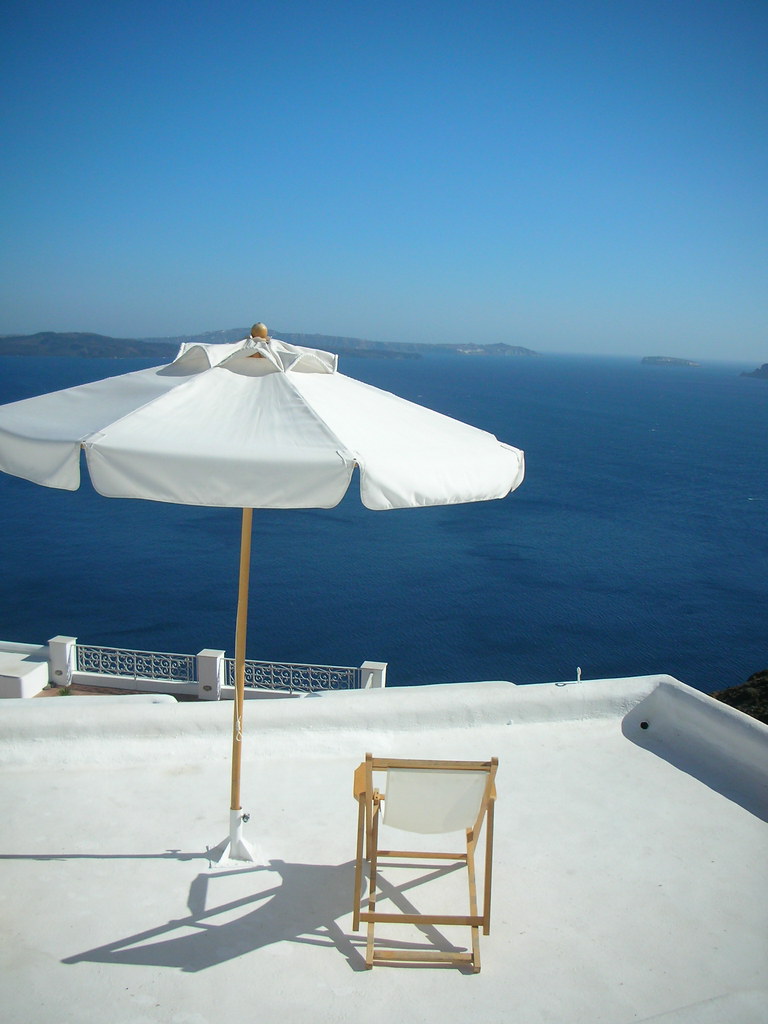
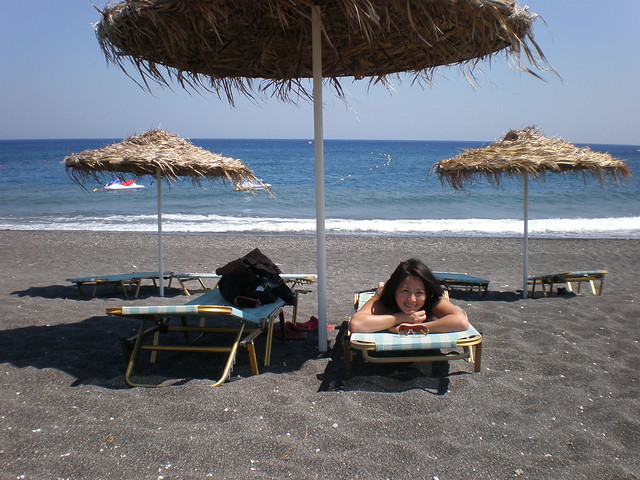
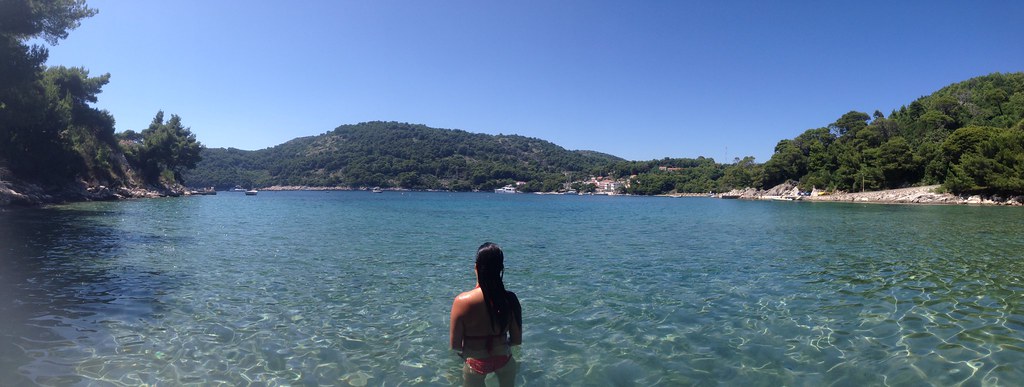
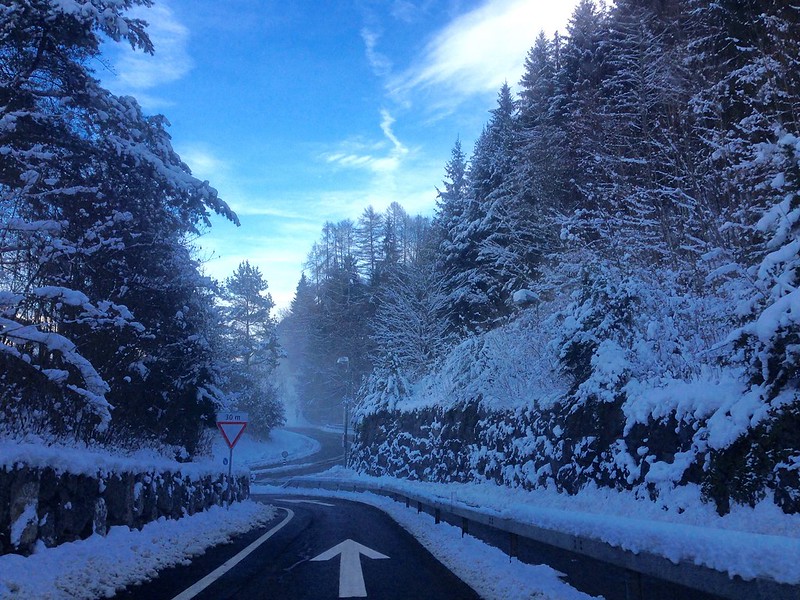



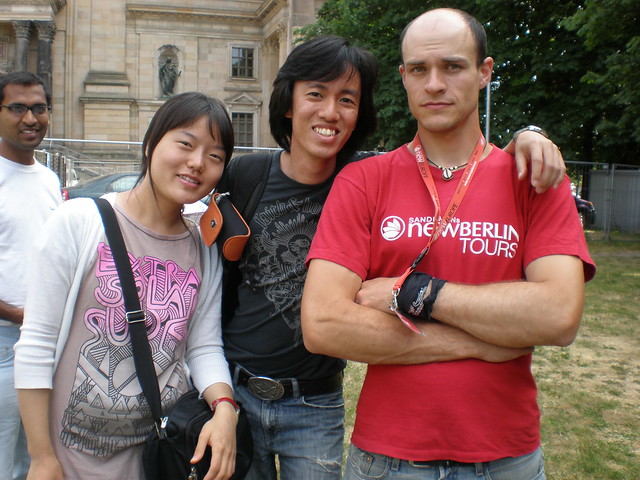
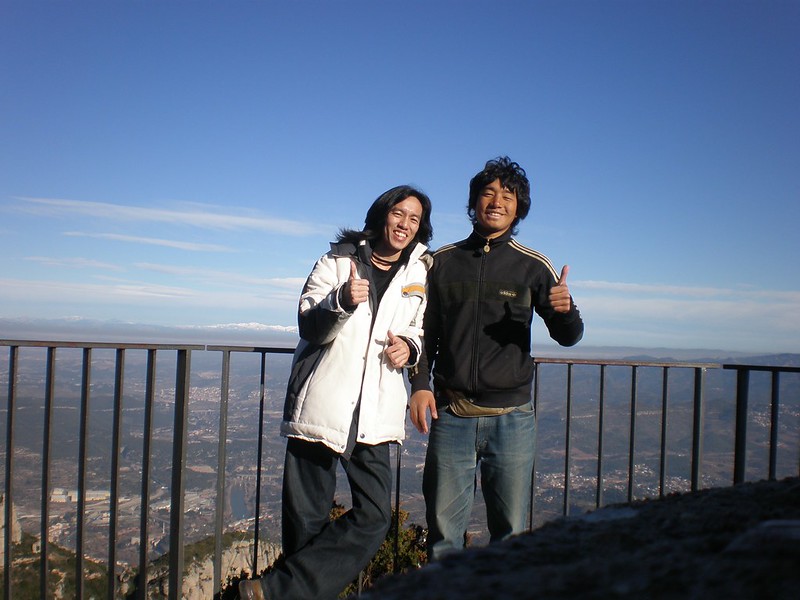
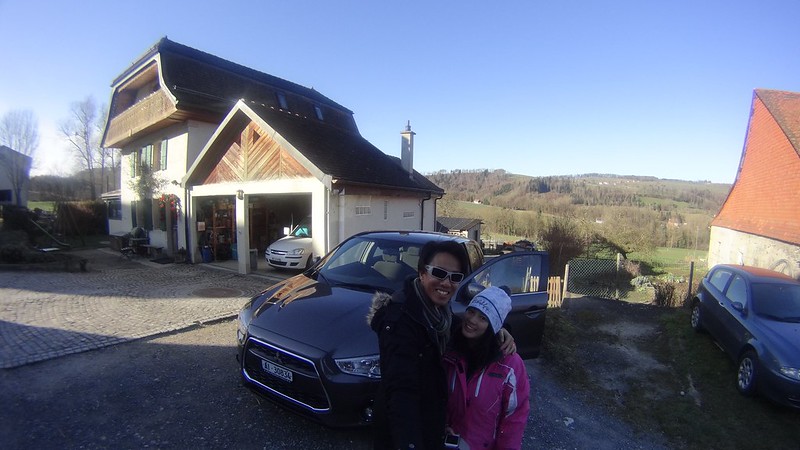
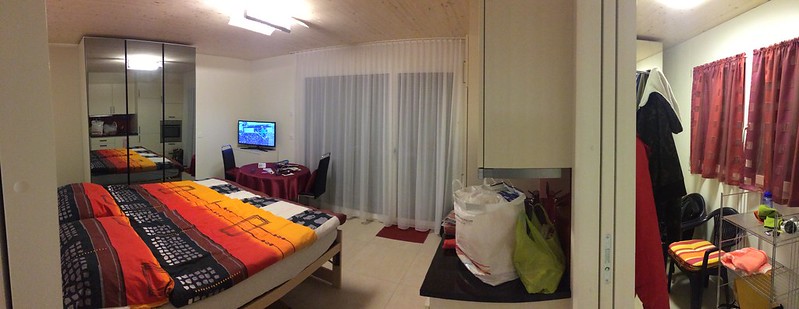
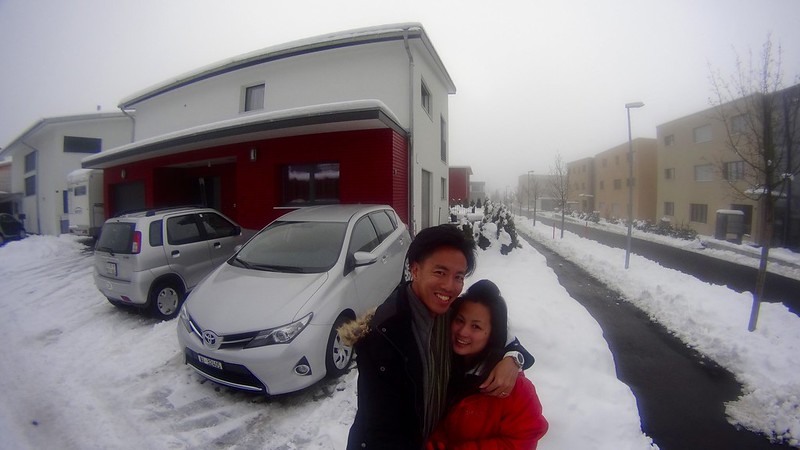
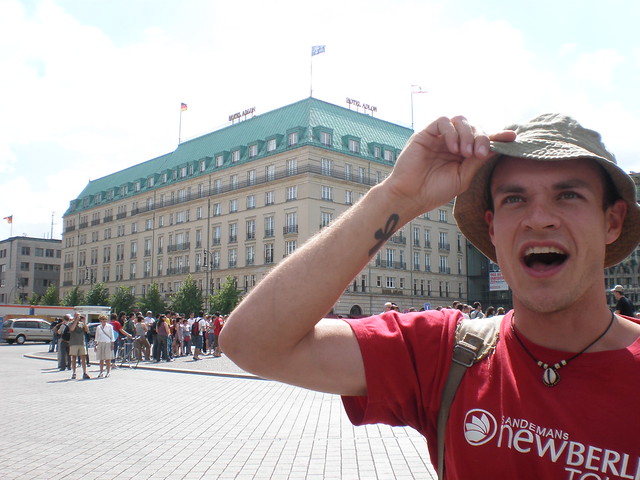
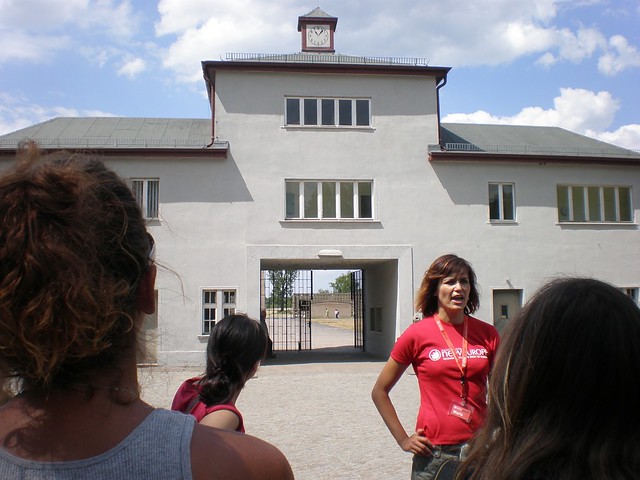
Hi Kenneth!
ReplyDeleteWould love to know some of the places to eat around Berlin, Prague, Vienna and Budapest!
Penny :)
Hi Penny! During those trips I was kinda on budget as a student so didn't really go for any fancy places. But I remembered having awesome currywurst in Berlin and traditional Czech dumplings in Prague (it's not the asian kind of dumpling though, more like rice cakes). I would use trip advisor's food listing as a guide but often would ask the locals for recommendations. Eastern european food is very different from central european food, so it might taste and look funky, but be adventurous and try them! Apart from food, I would totally recommend you to do caving in Budapest! It's an amazing experience where you crawl in natural underground caves under the city. It's not for the faint hearted or those who are claustrophobic though. ;) Have fun!
Delete